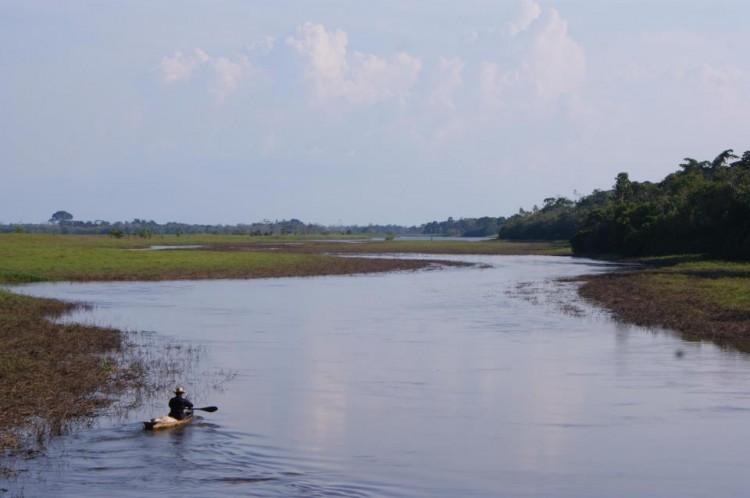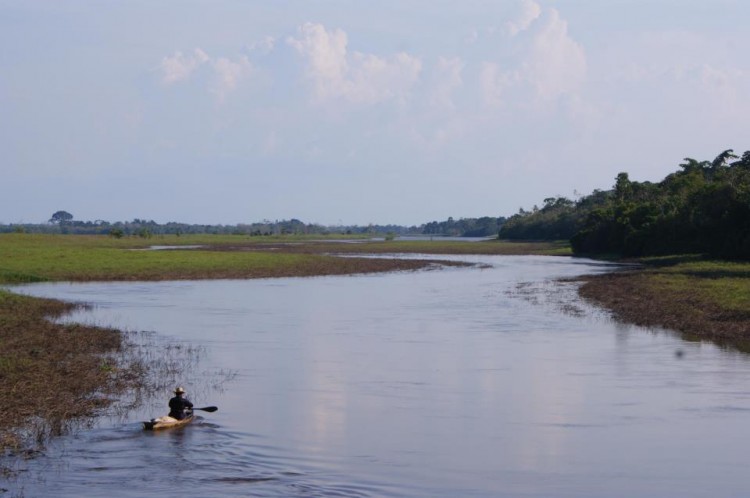ITATIBA, Brazil—Hit by drought in his hometown of Marilândia do Sul, Brazilian farmer Carlos Roberto Koch decided to move to Apuí in the Amazonas State in 2005, where he could take advantage of the more stable climate and the fertile grounds of the Amazon forest.
He started farming grains once again, and the outlook was optimistic. Having learned a lesson from his first farming experience, however, Koch didn’t take any chances, and started farming cattle and developing pasture land on the side as well.
What started as an alternative means of income gradually became his main source of livelihood, and farming cattle and selling dairy products became his main focus as they proved to be more stable in the long term compered to farming grains.
But it wasn’t long before Koch’s consciousness caught up with him: Like many others farming along the Amazon rainforest, Koch’s profession was contributing to the demise of the world’s largest rainforest; it wasn’t hard to see that he was gradually destroying his own source of income as well.
Besides logging, mining, oil exploration, and construction of infrastructure, cattle farming and expansion of agricultural land along the Amazon rainforest are one of the main factors of deforestation of the Amazon.
According to the Amazon Network for Georeferenced Environmental Information (RAISG), pastures account for over 90 percent of the farmland along the Amazon.
“The issue of deforestation of Amazon is an economic issue,” says Mariana Pavan, a researcher with the Institute for Conservation and Development of the Amazonas (IDESAM), a nongovernmental organization dedicated to preserving the Amazon and promoting the use of sustainable resources.






